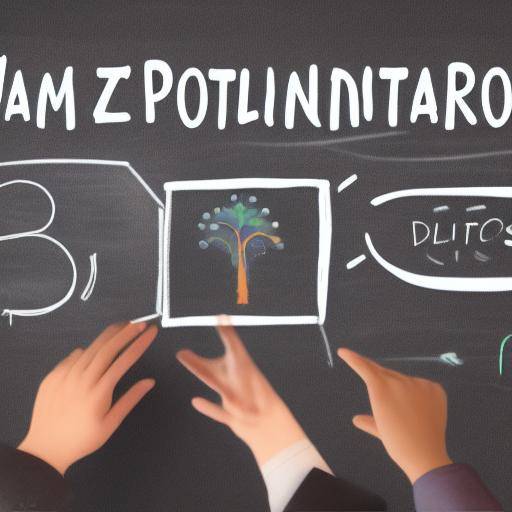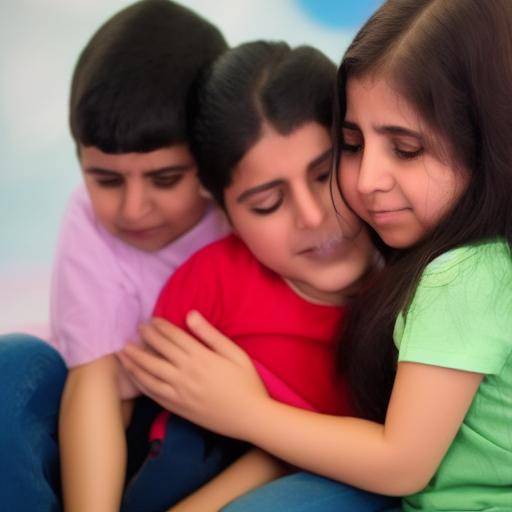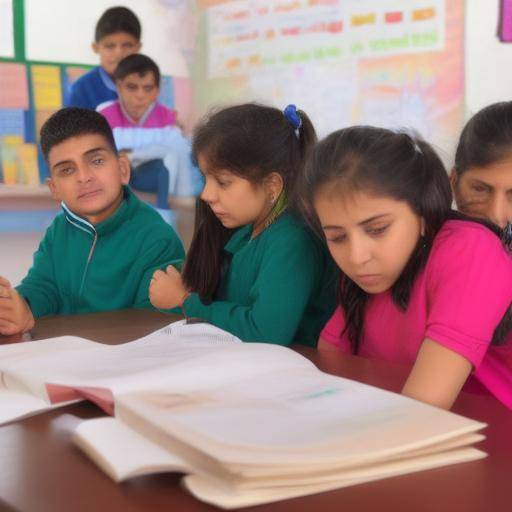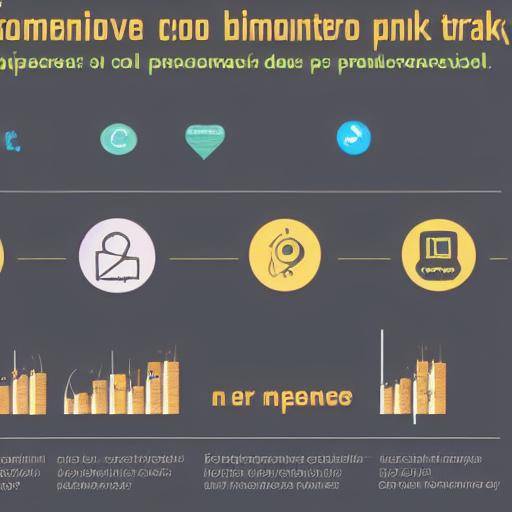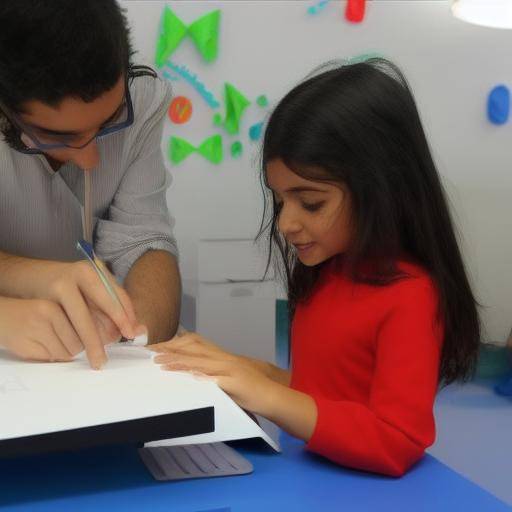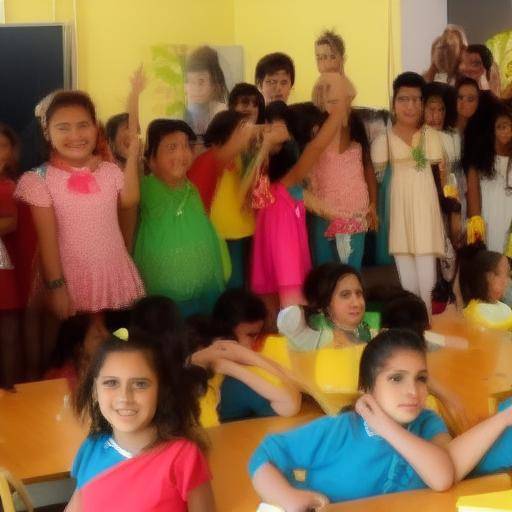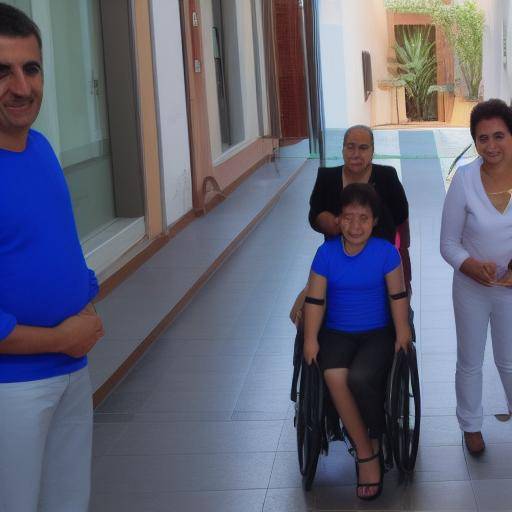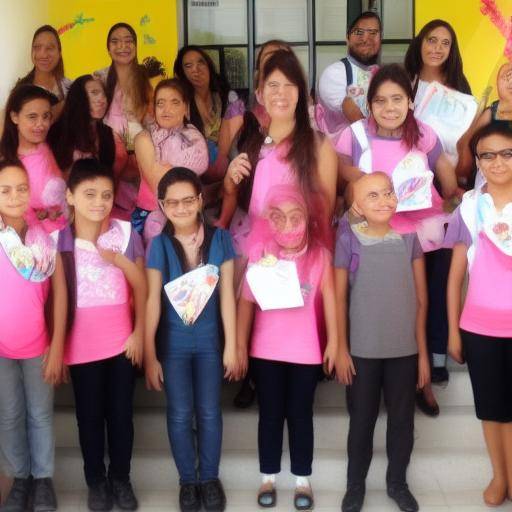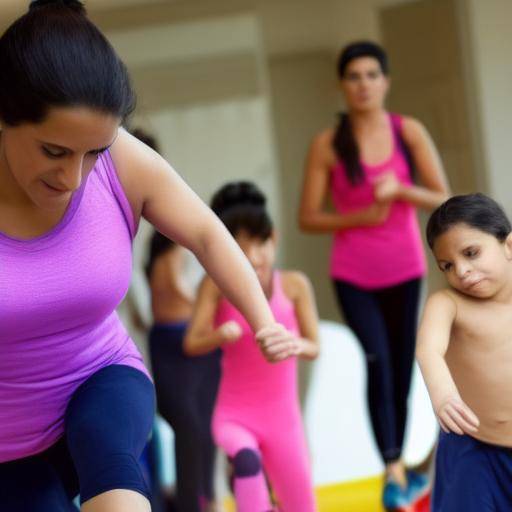
The first parents face a roller coaster of emotions, responsibilities and challenges as they welcome a new family member. The well-being of these parents is fundamental to ensuring that they can fully enjoy this unique stage in their lives. In this article, we will explore how to support the well-being of the first parents, providing practical advice, valuable information and useful resources.
Importance of the Well-being of the First Fathers
The well-being of first-born parents is an essential component for the healthy development of children, as positive parenting and loving care are intrinsically linked to the emotional and mental well-being of parents. When parents feel supported and balanced, this is reflected in the upbringing of their children and in the strength of the family in general.
Postpartum Period Challenges
The postpartum period can be overwhelming for the first parents, as they face significant emotional, physical and hormonal changes. Lack of sleep, adjusting to new family dynamics and the demands of baby care can generate stress and anxiety. It is crucial to provide support and relevant resources to help parents navigate this transition period with confidence and security.
Strategies to Support the Welfare of the First Fathers
Creating a Support Environment
Finding and providing support through family, friends and community support groups can have a significant impact on the well-being of first-born parents. Fostering a solid support network can help them feel accompanied and supported throughout their journey as parents.
Promoting Open Communication
It is essential for parents to express their emotions, concerns and needs in an open and honest manner. Promoting effective communication between the couple and other loved ones can ease the emotional burden and strengthen the family bond.
Promoting Personal Care
Inculcating the importance of self-care is crucial for the well-being of the first-born parents. Encourage them to book time for themselves, to practice activities that give them pleasure and to seek moments of relaxation can contribute significantly to their emotional and mental balance.
Offering Educational Resources
Providing educational information on parenting, child development and strategies to address everyday challenges can empower first-time parents. Access to reliable and evidence-based resources can increase your trust in your parental skills.
Integral Welfare of the First Fathers
The well-being of the first parents covers physical, emotional, mental and social aspects. It is essential to adopt a comprehensive approach that addresses each of these dimensions to promote a state of balance and fullness at this stage of life.
Professional assistance
In situations where emotional or psychological challenges seem overwhelming, it is crucial to seek professional assistance. Individual or couple therapy can provide a safe space to address deeper concerns and find effective strategies for emotional well-being.
Connection with Nature
Connection with nature can serve as a powerful resource to promote physical and emotional well-being. Walking outdoors, enjoying green spaces and connecting with nature can have therapeutic and revitalizing effects for the first parents.
Exercise and Physical Activity
Promoting regular physical activity can benefit the general well-being of the first-born parents. Exercise not only contributes to physical health, but can also be an effective tool to release stress and improve mood.
Conclusion
The well-being of the first-born parents is a fundamental pillar for the healthy development of the family in sutotality. By providing effective support and relevant resources, we can help the first-born parents move this stage with confidence, balance and joy. By recognizing the importance of its integral well-being, we are laying the foundations for the flourishing of future generations.
FAQs
1. What are the main emotional challenges facing the first parents?
First parents can face a wide range of emotional challenges, including fear of failure, exhaustion, anxiety for the well-being of the baby, loss of personal liberty and pressure to meet the expectations of parenthood.
2. How can I support a first-born parent who seems to be struggling emotionally?
Listening in a comprehensive way, offering practical help, encouraging open communication and suggesting the pursuit of professional support are some effective ways to support a first-born parent who is facing emotional challenges.
3. What is the importance of a support environment for the first parents?
A solid support environment can provide a sense of connection, security and emotional support to the first parents, enabling them to face the challenges with greater confidence and resilience.
4. Why is it crucial to promote self-care in the first parents?
Self-care is essential to preserve the emotional and mental balance of the first parents, allowing them to recharge energies, manage stress and maintain a positive perspective while facing the demands of parenting.
5. What educational resources can benefit first-time parents in their transition to parenthood?
Resources such as books, parenting courses, community support groups and specialized parenting applications can provide relevant information, practical strategies and a sense of community that benefits first-time parents.
6. To what extent does the well-being of first-born parents influence child development?
The well-being of the first-born parents is closely related to the emotional environment at home, which in turn can significantly impact the emotional, social and cognitive development of children. A balanced and healthy family environment can enhance the well-being and development of children.
In short, supporting the well-being of first-born parents is a key aspect of promoting healthy upbringing, strengthening the family bond and laying the foundations for the optimal growth and development of children. By offering practical strategies, educational resources and a solid support environment, we can help the first parents move this stage with confidence, balance and joy.






